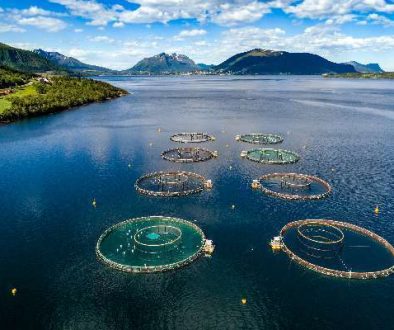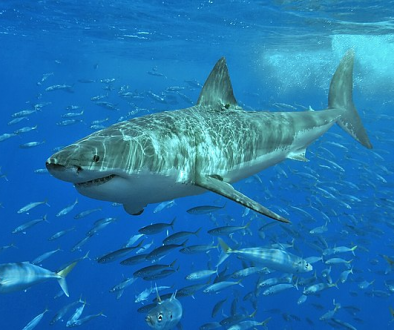The Vital Role of Bats in Our Ecosystem: Why We Should Appreciate These Misunderstood Creatures

The Vital Role of Bats in Our Ecosystem: Why We Should Appreciate These Misunderstood Creatures
Bats are often met with fear and misunderstanding, but these fascinating creatures play a far more important role in our world than most people realize. Not only are they the only mammals capable of true flight, but they also contribute significantly to the health of our ecosystems. From pollination to insect control, bats are unsung heroes that deserve our appreciation.
The Role of Bats in Pollination and Seed Dispersal
Many people don’t realize that bats are crucial pollinators. In fact, some of the world’s most important plants, including certain species of cacti, bananas, and agave, rely on bats to pollinate their flowers. These plants produce the fruit that feeds humans and animals alike, and without bats, we could see a decrease in both food production and biodiversity.
But pollination isn’t the only way bats help plants. They also play a key role in seed dispersal. As they feed on fruits and nectar, they often carry seeds far from their original locations, helping to regenerate forests and maintain plant diversity. This is especially important in tropical regions where bats are essential for the growth of rainforests.
Insect Control: Natural Pest Management
Bats are also incredibly effective at controlling insect populations, including many pests that can harm agriculture. A single bat can eat thousands of insects in just one night, helping to keep populations of mosquitoes, moths, and beetles in check. This natural pest control is a critical part of maintaining the balance of ecosystems and reducing the need for harmful pesticides.
In fact, bats contribute billions of dollars’ worth of pest control services to agriculture each year. By keeping insect populations in check, they help prevent damage to crops, which can have a positive impact on the global food supply.
A Diverse Diet: More Than Just Insects
Bats are not picky eaters! While many people associate bats with feeding on insects, their diets are actually quite diverse. Depending on the species, bats consume a wide range of foods, including fruit, nectar, small rodents, fish, and even pollen. This adaptability helps them thrive in different environments and contribute to various ecological processes.
Some species of bats, like the fruit bat, play an essential role in spreading pollen and helping to pollinate plants that might otherwise go unnoticed by other pollinators. Meanwhile, others—such as insect-eating bats—help maintain the delicate balance between insect and plant populations.
The Longevity of Bats
Bats are some of the longest-lived mammals in relation to their size, with some species living up to 30 years or more. Their ability to live for several decades allows them to build stable colonies, which in turn strengthens their role in their ecosystems. Bat colonies often form in caves, tree hollows, or buildings, where they work together to create a thriving environment for future generations.
The Misunderstood Creatures
Despite all the incredible benefits bats provide, they are often misunderstood and unfairly vilified. Their nocturnal habits, coupled with their sometimes eerie appearance—think dark wings, sharp features, and unusual sounds—have led to an association with fear and superstition. This has contributed to negative stereotypes and even a widespread dislike of bats.
However, it’s important to recognize that bats are not dangerous to humans. In fact, they help reduce the spread of disease by controlling insect populations, some of which can carry harmful pathogens. The vast majority of bats pose no harm to people and are shy creatures that prefer to stay away from human activity.
Why We Need to Appreciate Bats
Bats are often the unsung heroes of our environment. They are vital for pollination, seed dispersal, and pest control, helping to sustain ecosystems, protect crops, and support biodiversity. Their presence in the wild ensures a healthier, more balanced environment for all living creatures—including humans.
By changing our perception of bats and learning more about their role in nature, we can help protect them and the ecosystems they support. So next time you see a bat, instead of fearing it, take a moment to appreciate its critical role in our world.



